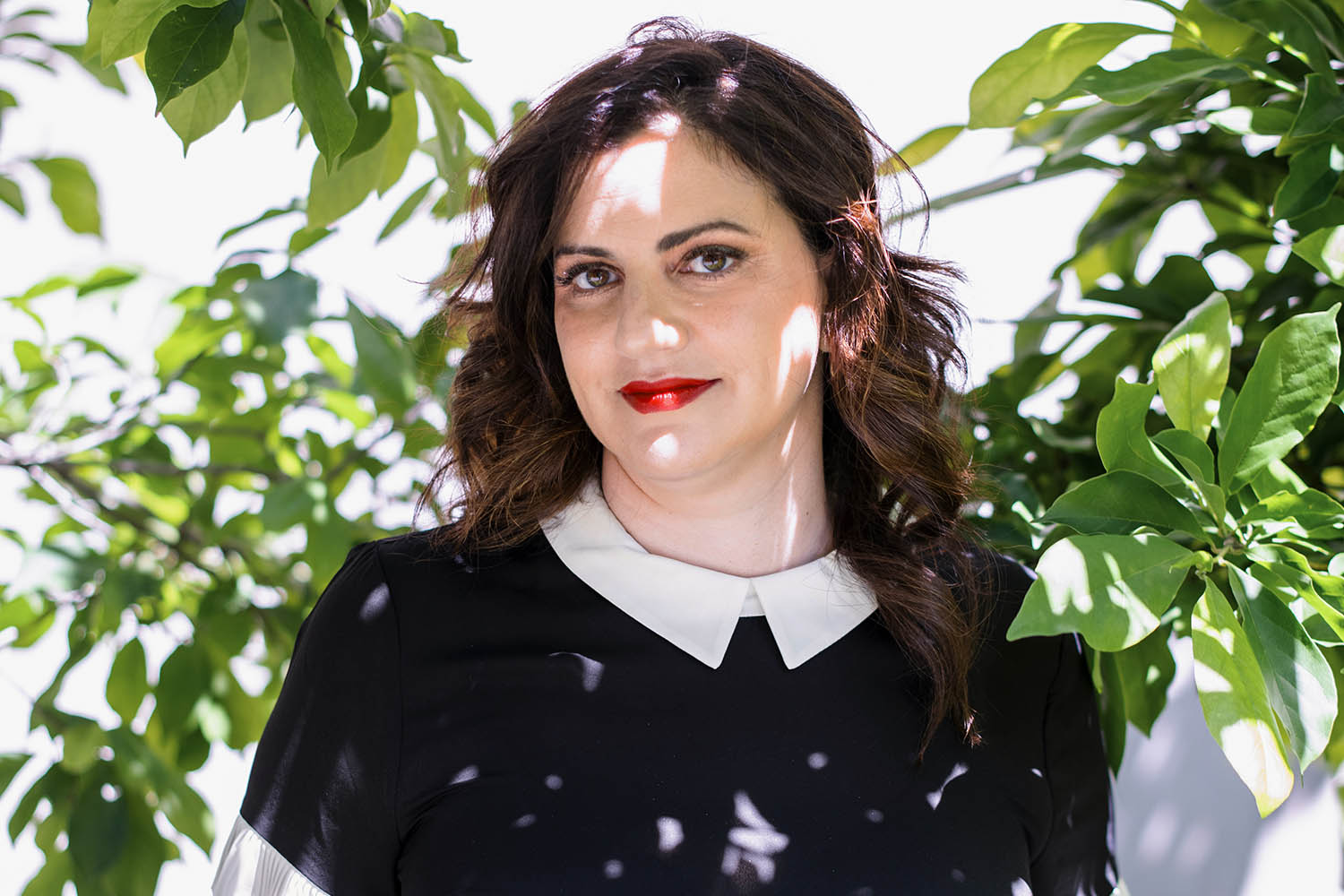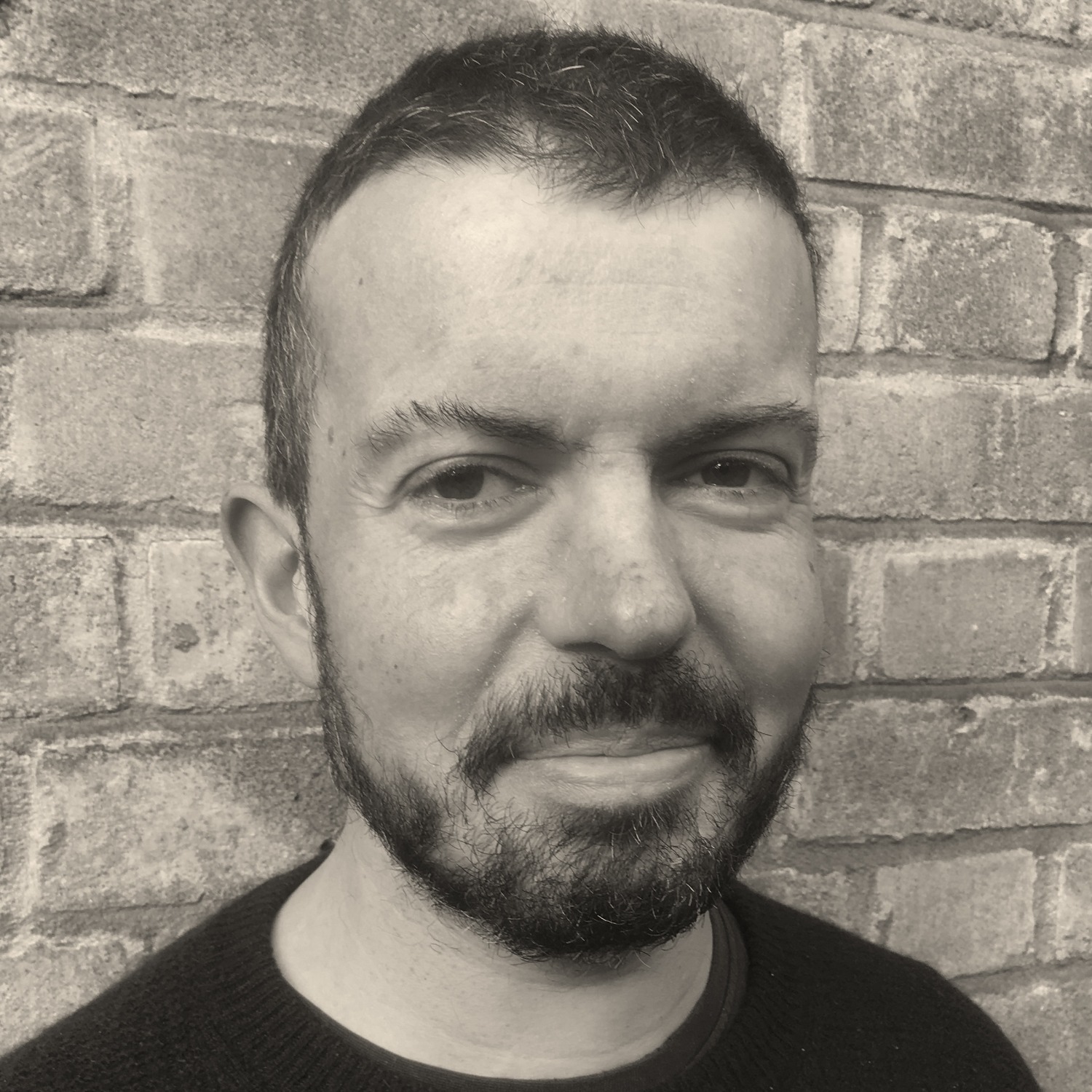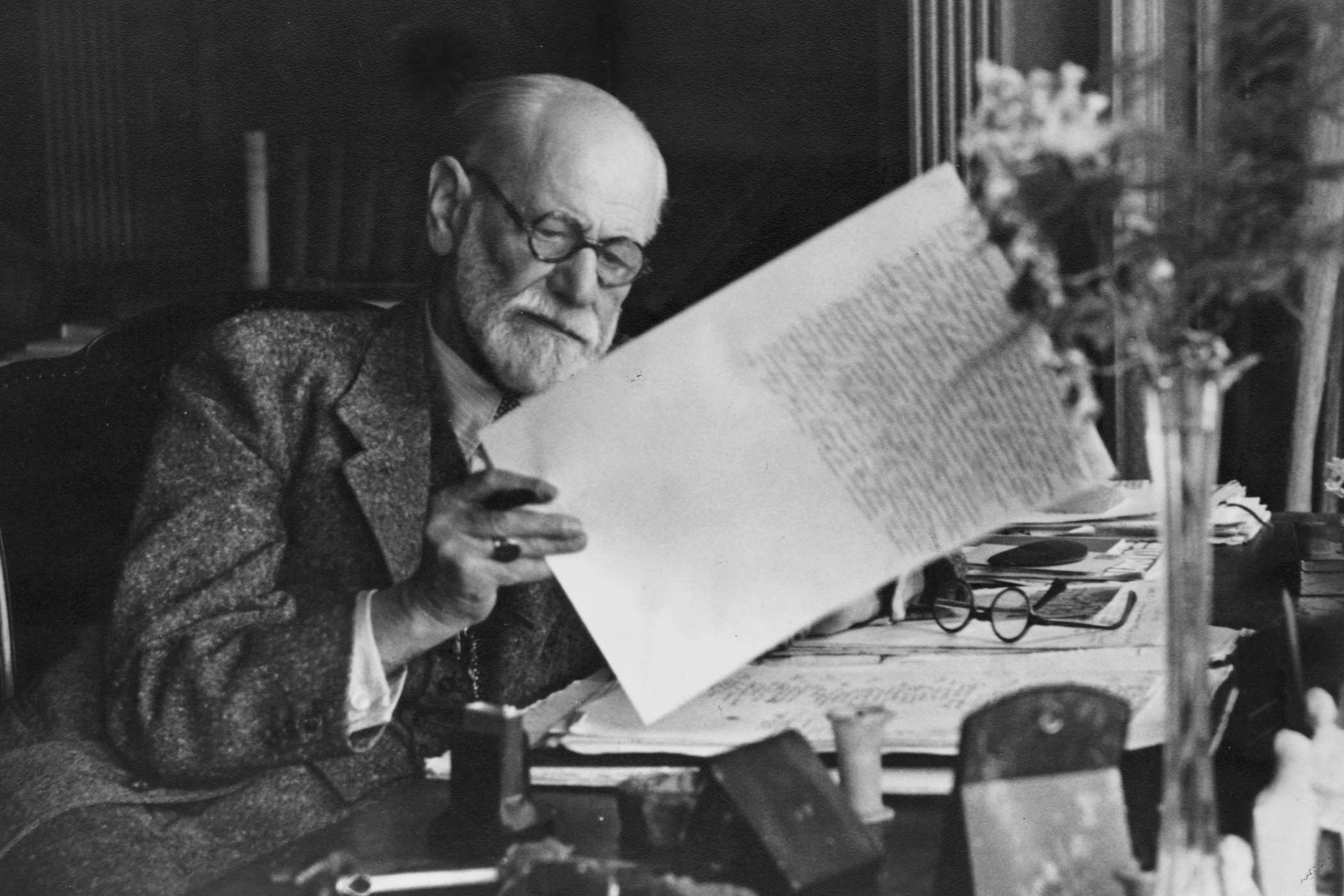Portrait by Ali Smith
Taffy Brodesser-Akner, 49, is a journalist and novelist. Her debut, Fleishman Is in Trouble, “one of the funniest novels of 2020” (the Spectator), was adapted for TV with Jesse Eisenberg and Claire Danes. Her second novel, Long Island Compromise, out in paperback on 20 May (Wildfire), follows the family of a Jewish businessman after his kidnapping. It was shortlisted for this year’s Wingate prize, given to “the best book... to convey the idea of Jewishness to the general reader”. Brodesser-Akner spoke from her home in New York, where she was born and raised.
Tell us how this novel began.
In 2014 I had to be in Russia covering the swimming world championships. We had no money and needed to move house, and the sports magazine I was writing for paid so much. At the airport my children were begging me not to go. So in my terrible hotel room in Kazan I decided I was going to write a novel – which just shows the economics of journalism if your money scheme is to write a novel. I wrote 70 pages and my agent said: “These people are so unlikable. It’s not very good.” Eight months later, I started Fleishman. I sent my agent the first 40 pages and she said: “These characters aren’t very likable. I don’t think it’s very good.” Reasonable people disagree! I found a new agent and published Fleishman and then returned to the idea of a novel about wealth to show that rich people had it worse, to convince myself I had it better. The question I became interested in was: is there anything that could ever make you safe? I had thought of money as the ultimate protection but was no longer convinced.
‘Jonathan Franzen is the master and I’m a student at his knee
‘Jonathan Franzen is the master and I’m a student at his knee
You’ve alluded to how Thomas Mann’s 1901 family saga Buddenbrooks helped you solve a problem in this book. What problem was that?
Narration. I have a very distinct voice as a writer, which is an asset according to most people, but it’s actually absolutely a detriment, because I cannot write in another way, and this novel has five different perspectives. But I picked up Buddenbrooks and within the first 10 pages found the answer, which is that you can just write it.
In theJewish Chronicle, Hadley Freeman wondered if Long Island Compromise had less success than your debut “because it’s so Jewish”.
It’s a strange time to write about Jews; someone asked me if I thought that people would find a book about a kidnapping insensitive because of the Israeli hostage situation in Israel-Gaza. The thing about Jews is that people don’t know what you’re allowed to say. People were concerned that liking this book was an act of complicity, or hating it was an act of antisemitism. It’s very hard to talk about Jews, but like Hadley, I’m up for the fight. Also, I wouldn’t say that this was less successful than Fleishman. It sold as many or more copies but didn’t make the New York Times bestseller list because this is a dismal time for the world and people are choosing to read about fairies and unicorns – literally, adult people. And I endorse that! Like, do whatever you can to leave this planet right now. It’s OK if you don’t want to read about wealthy Jews who are scared of losing their money.
What came first for you, fiction or journalism?
I just wanted to be a writer, and magazines were what allowed me to write. I still think a magazine story is the perfect vehicle for transmitting an idea – you can’t beat it – but I started novels because I would not be constrained. I started Fleishman after a fifth friend getting a divorce showed me his phone, and I thought: what an interesting thing – people our age, who didn’t date on apps, are now dating on apps and it has changed the sexual marketplace. When I called my editor at GQ, he said the GQ reader already knows about apps and isn’t really interested in old people [laughs]. I almost called my editor at the New York Times, then thought: what does the Times story about this look like? [It would be] me following someone for a year, not being able to get the access I need. That’s when it hit me: a novel is where you can go to be indecent. My novels talk about money in a way that not one subject of mine would ever talk about money; they talk about sex in a way that would be cultural suicide [for an interviewee] to talk about.
Newsletters
Choose the newsletters you want to receive
View more
For information about how The Observer protects your data, read our Privacy Policy
You’ve spoken more than once about how often you’ve reread Jonathan Franzen’s The Corrections. What keeps you coming back?
The sentences. Rereading Long Island Compromise, I was looking for turns of phrase I may have accidentally stolen because I love it so much. There’s a structural overlap that I initially ran from, but ultimately I decided he’s the master and I’m a student at his knee.
What are you looking forward to reading next?
I’m going to Italy in a few weeks for a wedding, so I’m going to read The Garden of the Finzi-Continis [by Giorgio Bassani] there. Last time I was in Italy, I read the last book of [Elena Ferrante’s] My Brilliant Friend series – it was the best place to read it, even though I was in Rome, not Naples.
Name something that you need in order to write.
I don’t need anything. Needing a space or chair or a kind of pen or snack... all those things are ways to say that writing is magic. You’ve either written it or you haven’t. I do it when I’m sitting on the couch and my kids are watching TV; I’ve done it in cars and on a couch in the ladies room at a shopping mall. I guess all I need is my computer, because I can’t dictate and I can’t write longhand – it really does come out of some sort of hookup between my brain and fingers. A year ago, a friend of mine said his wish for me is that I do something I’ve always wanted to do that isn’t writing, because all I do is write. And I’ve always wanted to play the piano, but I feel I can’t use my fingers up, which is dumb! I really worry about that.
Order Long Island Compromise at observershop.co.uk for a special 20% launch offer. Delivery charges may apply



